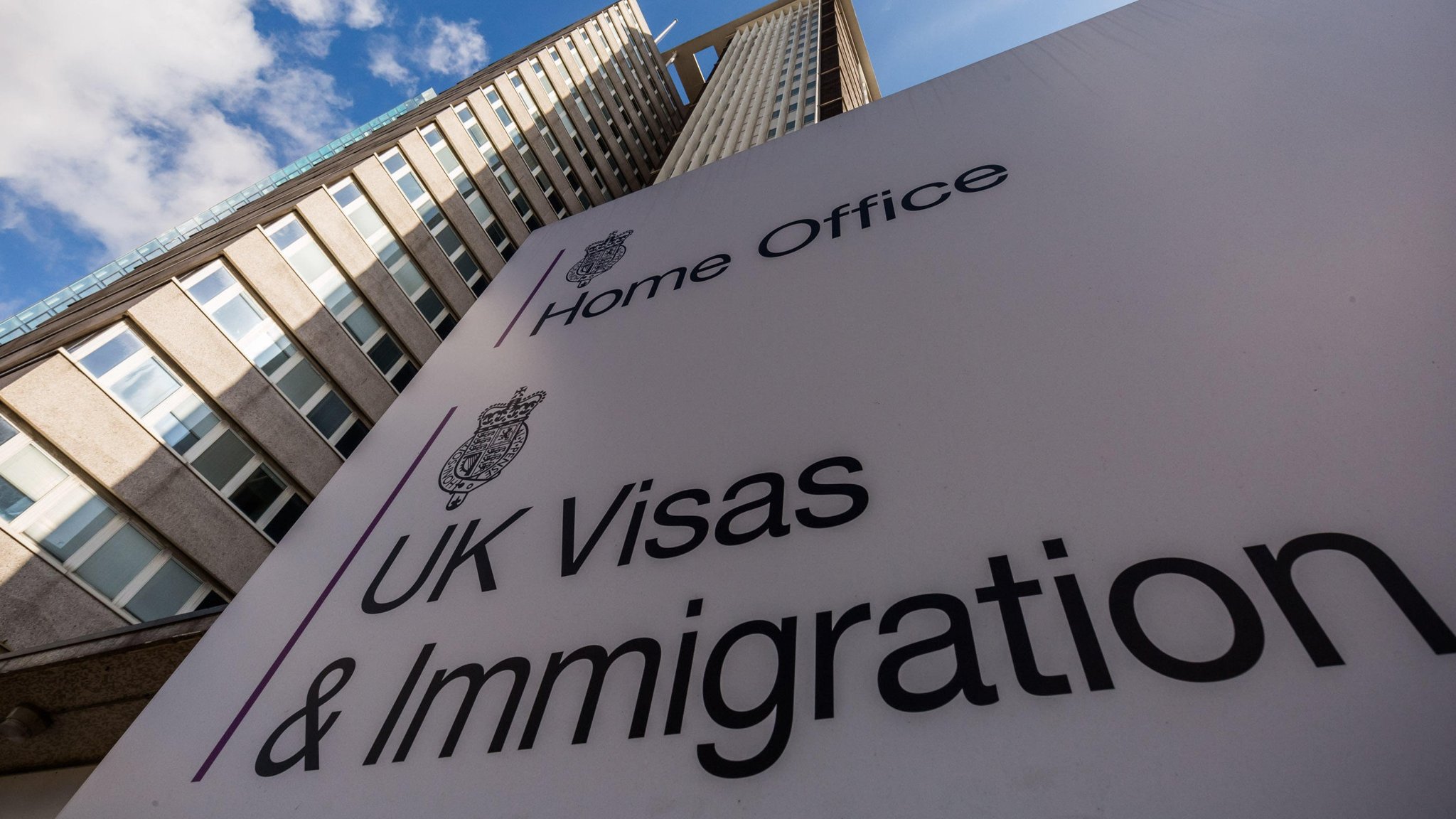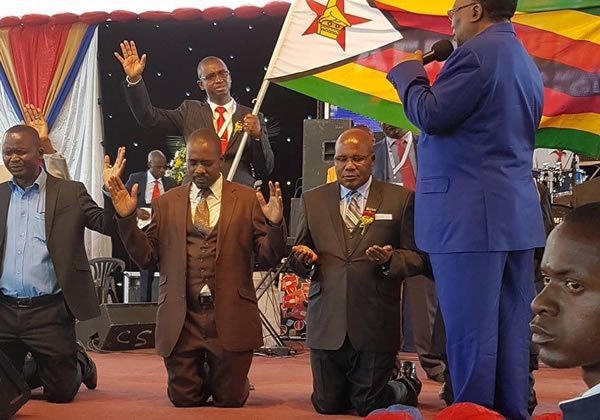By Andrew Nyamayaro
The UK Home Office has published a new policy Guidance Note on Zimbabwean opposition parties (Version3.0, April 2018) which can be found here.

In the guidance the Home Office recognises that whilst political parties operate in Zimbabwe, the political space is controlled by the ruling party Zanu PF.
It also recognises that politically motivated violence and human right violations are still committed by security forces and Zanu PF supporters. There have also been incidents of intra-party human rights violations within the ruling party and opposition parties.
The Home Office cites the case of CM (EM country guidance:disclosure)Zimbabwe . This is a harsh case that has caused a lot of headaches and turmoil for most Zimbabweans seeking protection in the UK. The case is summarised from paragraphs 2.2.1 to 2.2.8 of the policy and information note.
In a nutshell according to the case you need to have a high political profile to qualify for protection unless if you come from certain geographic areas. Other geographical areas are presumed safe and someone is assumed to have relocation options available to them.
In paragraph 2.2.9 the Home Office admits that there has been a change since the case of CM was promulgated. As expected, the Home Office’s view is that the situation has actually got better since 2008. The Home Office states that that the Zimbabwean government still harasses, intimidates, persecute and mistreats members of the opposition and further state that the Zimbabwean government has changed its tactics because the violence is no longer plainly apparent.
Whilst the Home Office is of the view that the situation in Zimbabwe has changed for the better, one may also argue that the situation in Zimbabwe has continued to deteriorate. This is because within Zanu PF itself certain members have been targeted.
Members of the G40 faction has gone into oblivion. A new political party called National Patriotic Front (NPF) is said to consist of G40 members and supporters and is said to be backed by the former president. The military has cemented its powers in the government with a former General now being a Vice President and several members of the military being party of the cabinet. Members of the opposition continue being targeted by the ruling party.
Reading through the Home Office Policy and Information Note, you can notice that the Home Office has tactfully avoided to use the words “Military Coup” preferring to say that Robert Mugabe was forced by the military to step down as president or “Military intervention” or “Military-assisted Transition”.
The Home Office also recognises that whilst there has been more conciliatory political rhetoric from Mr Mnangagwa, there has been a lack of clear and cogent evidence that the government has fundamentally changed the political environment or how it treats those opposed to the state. The Home Office states that if you are an MDC T member from a High density area in Harare or rural areas other than Matabeleland you are likely to face serious harm or persecution.
I think we now need to move on from the case of CM and have a caselaw or policy guidance which recognises that any member of a Zimbabwean opposition party, human Rights organisation, or any member of the public who is not loyal to Zanu PF is at risk of serious harm or persecution.
We now have a military government in Zimbabwe. Freedom of speech and expression is curtailed by the ruling party by harassing and arresting journalists and members of the public who try to express their feelings to the government.
As such if you are already a recognised refugee in the UK or if you are still pursuing to get protection in the United kingdom, it is advisable to submit evidence which proves that you are at risk. The Home Office ended automatic settlement for refugees in 2017 hence the importance to continue with your political activism as an example.
Andrew Nyamayaro is the principal of Tann Law Solicitors, a specialist immigration, employment, family, charity and corporate law firm in Coventry. He can be contacted on e-mail [email protected] or office phone 02477632323 or mobile 07421429338.
Visit Tann Law Solicitors’ website at www.tannlaw.co.uk
Disclaimer: This article only provides general information and guidance on immigration law. It is not intended to replace the advice or services of a solicitor. The specific facts that apply to your matter may make the outcome different than would be anticipated by you. The writer will not accept any liability for any claims or inconvenience as a result of the use of this information.






